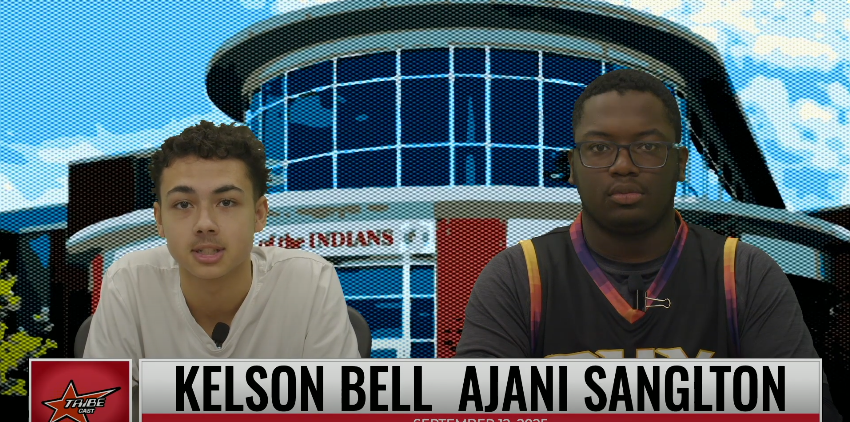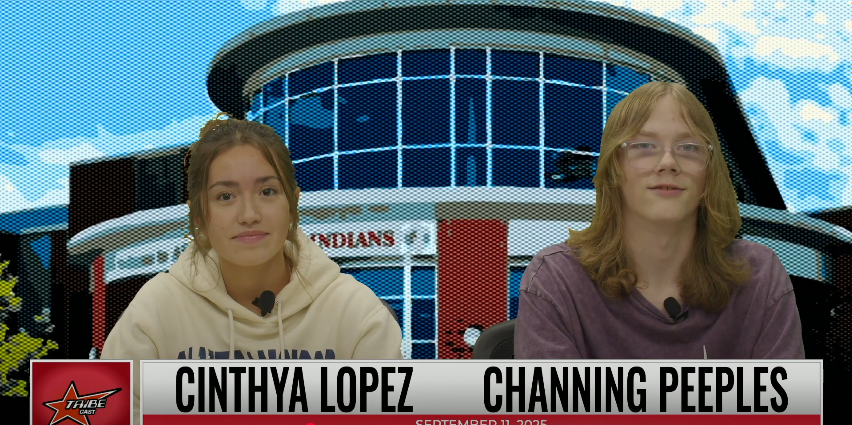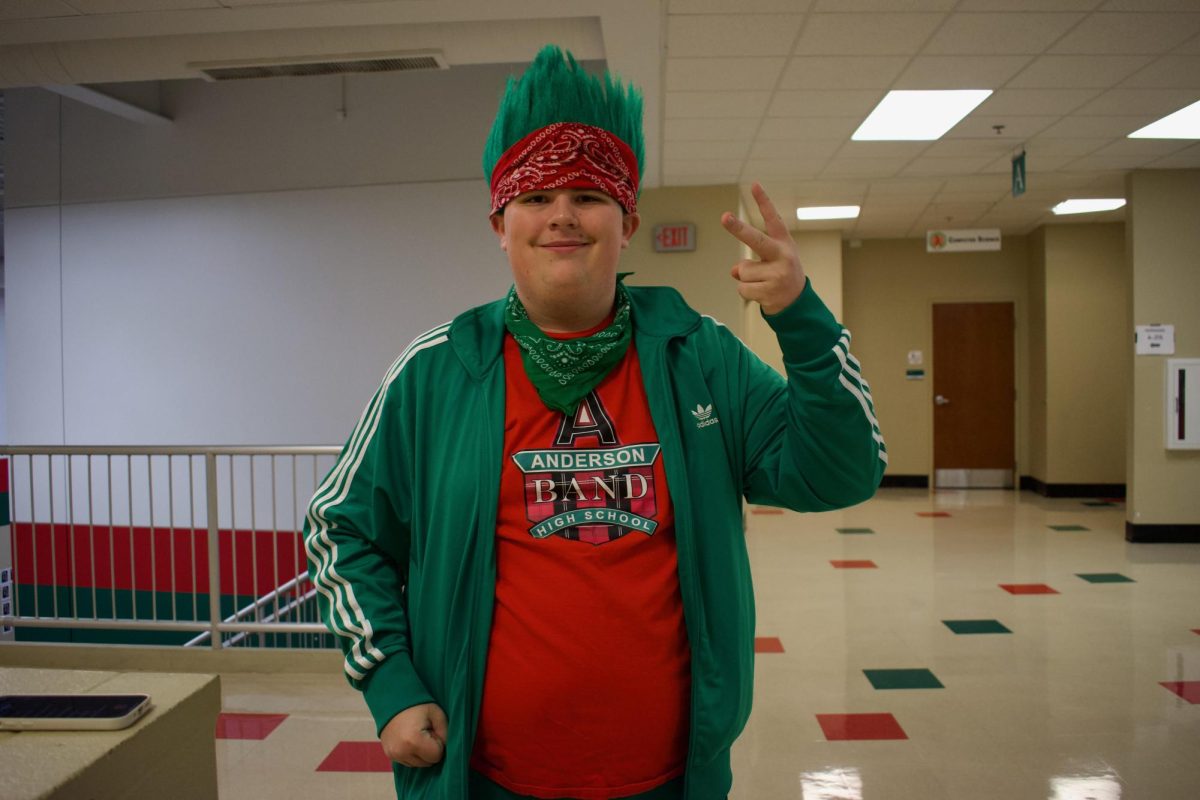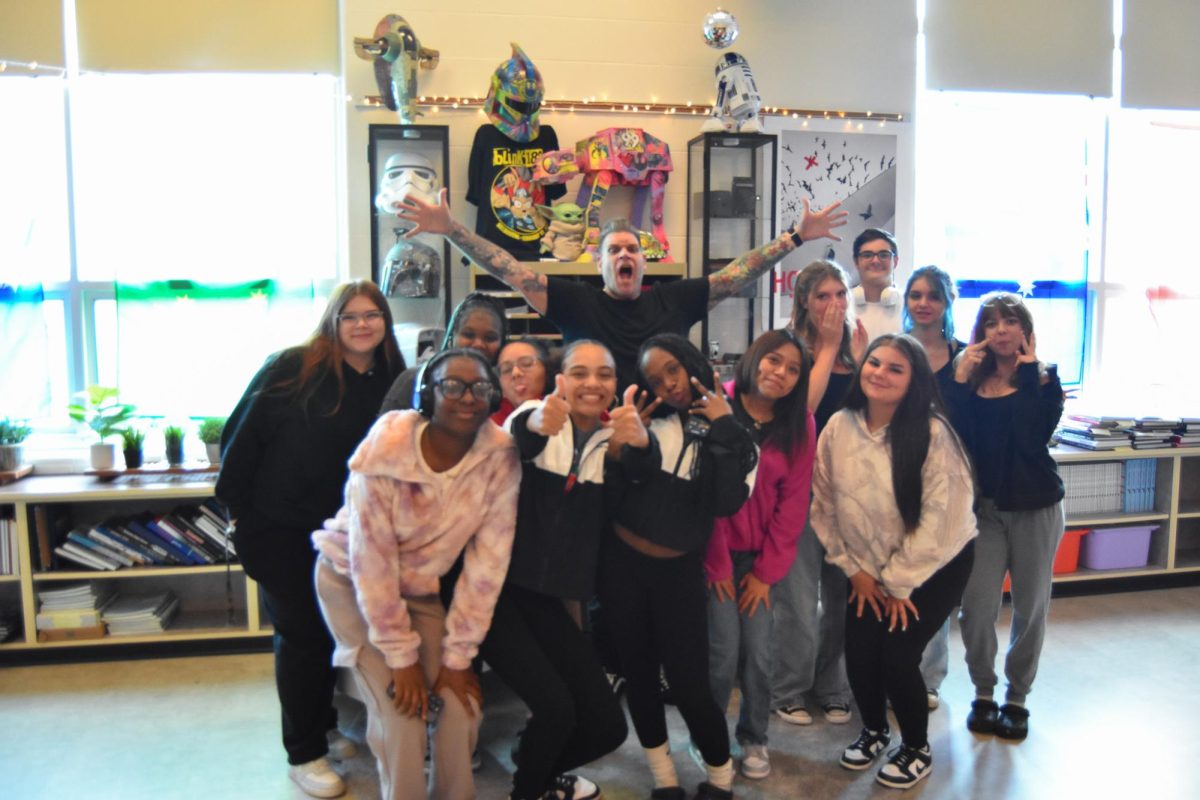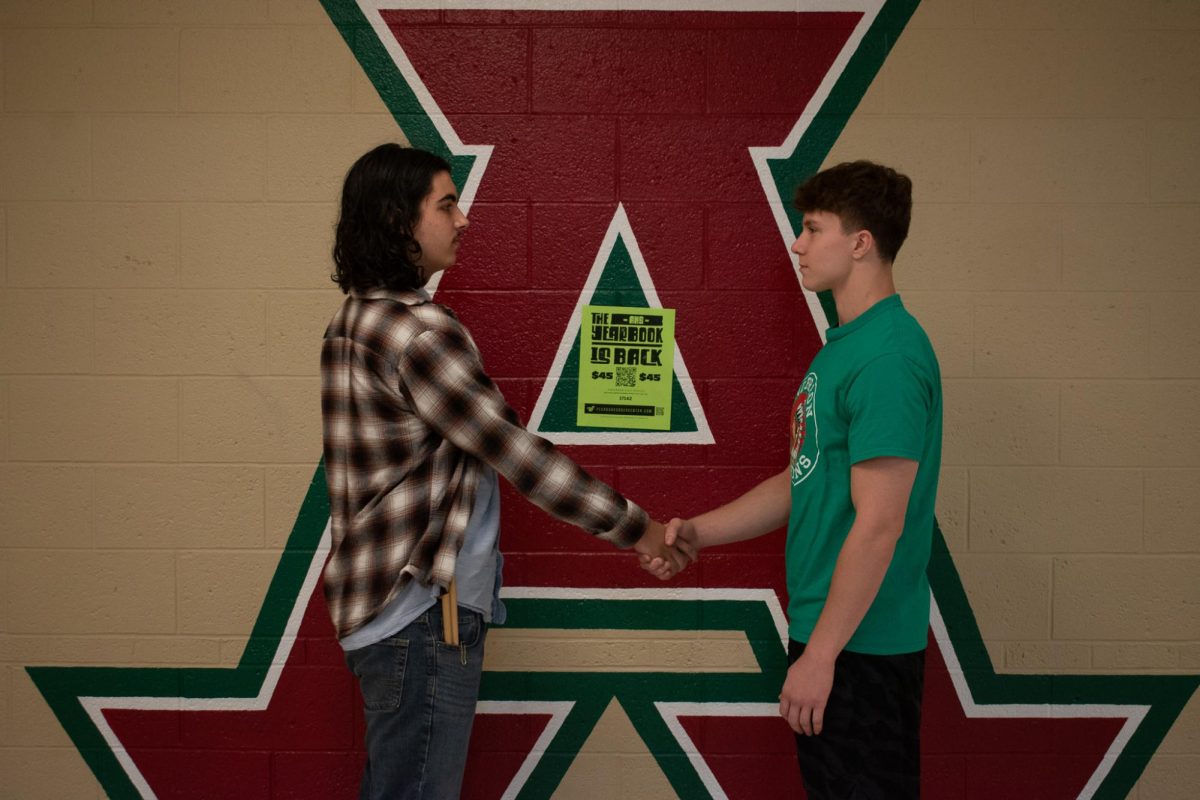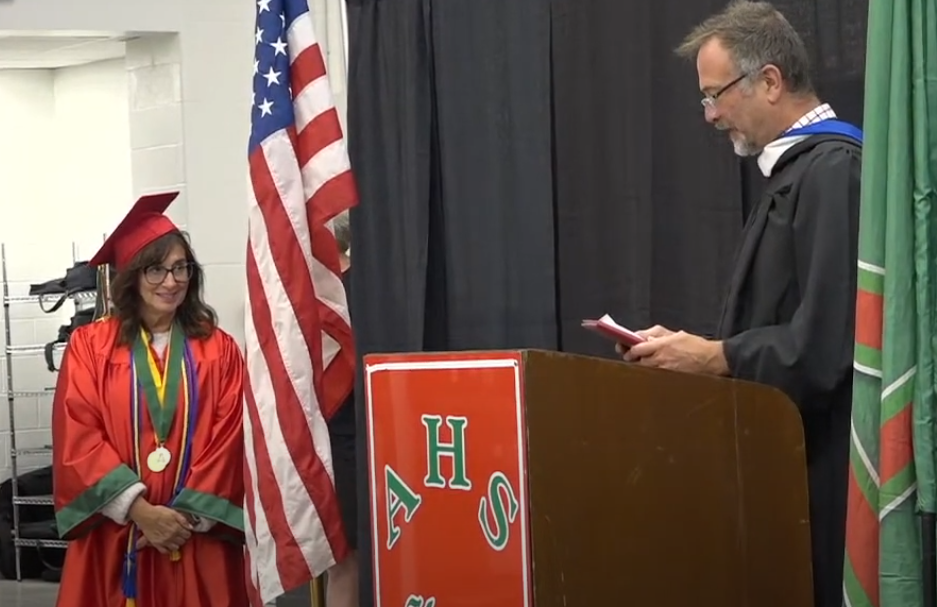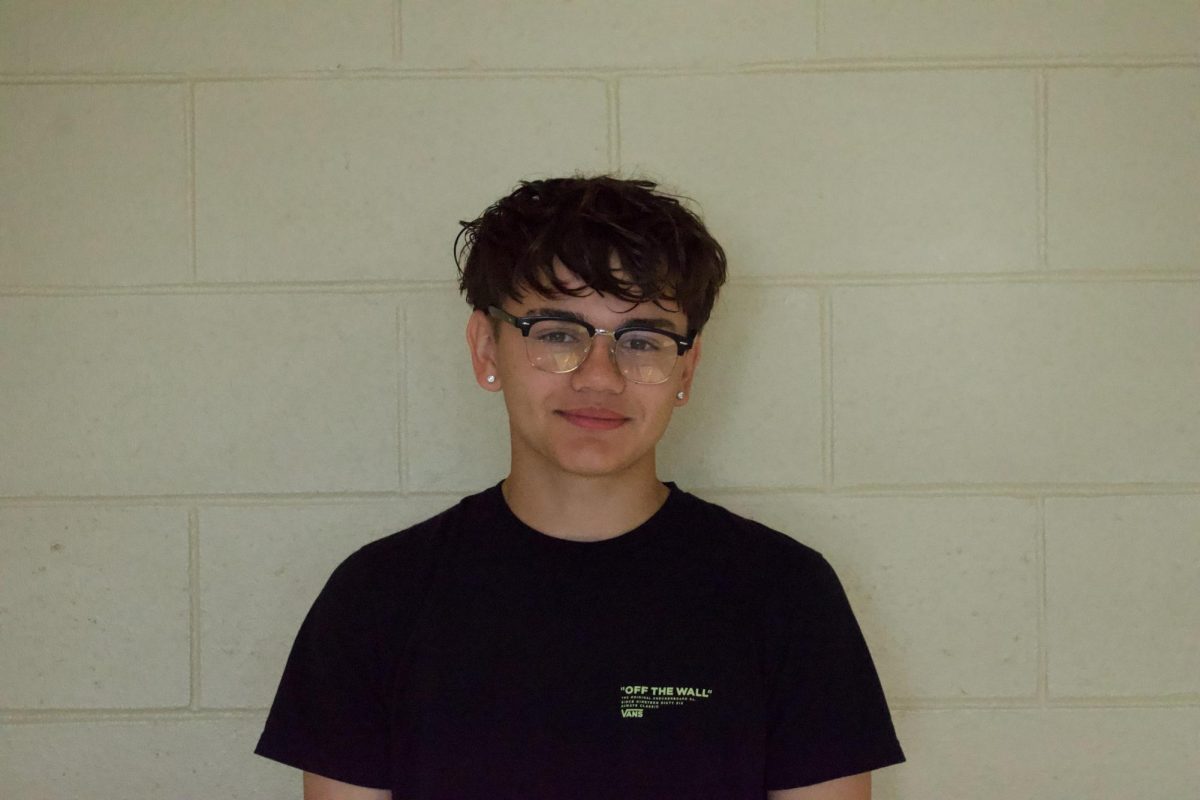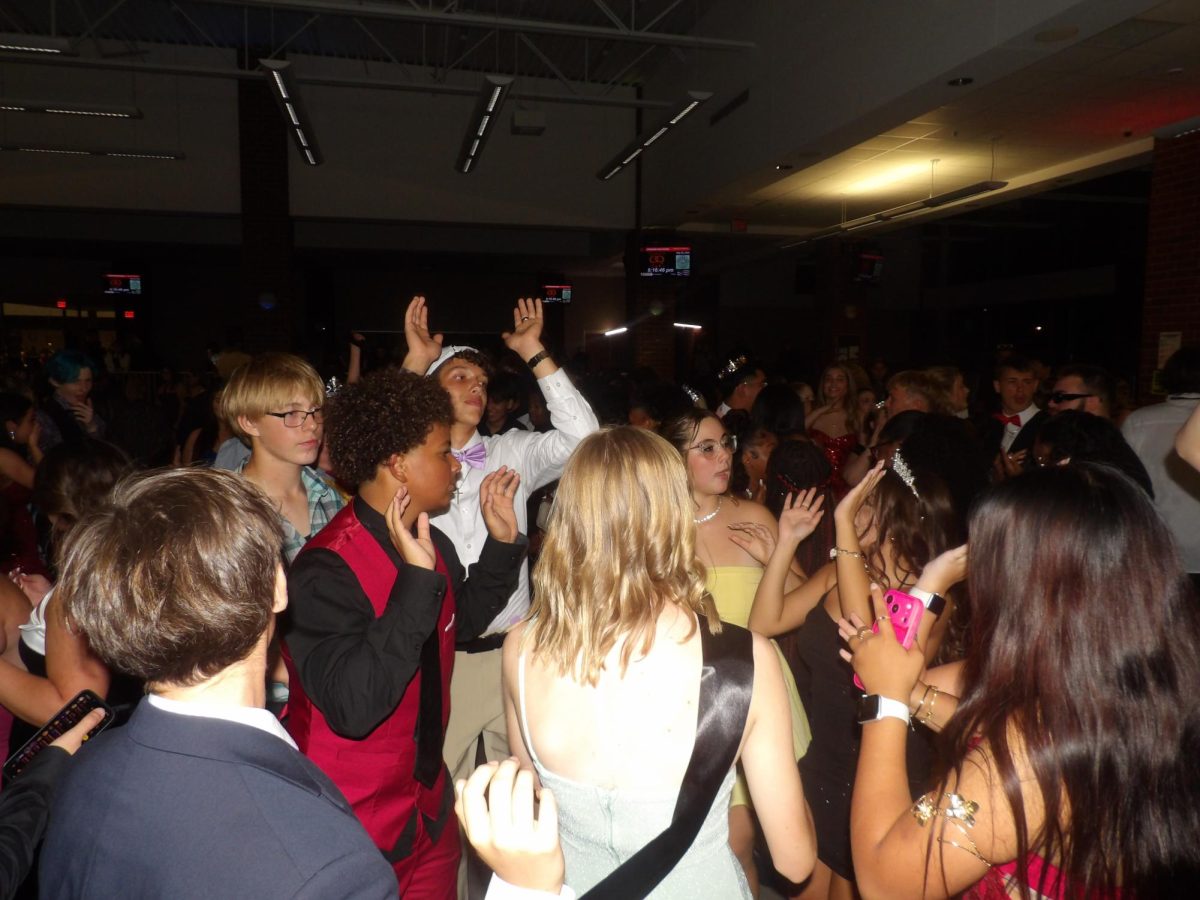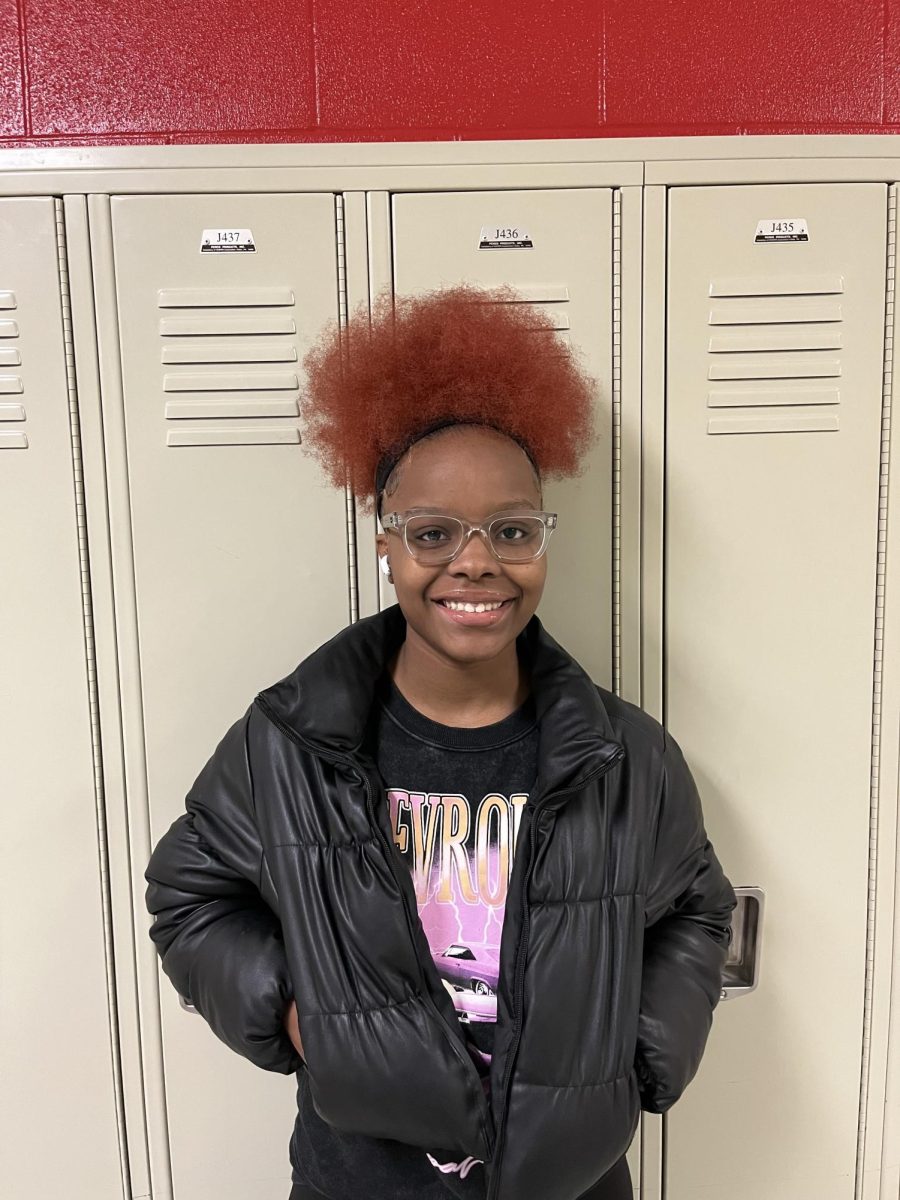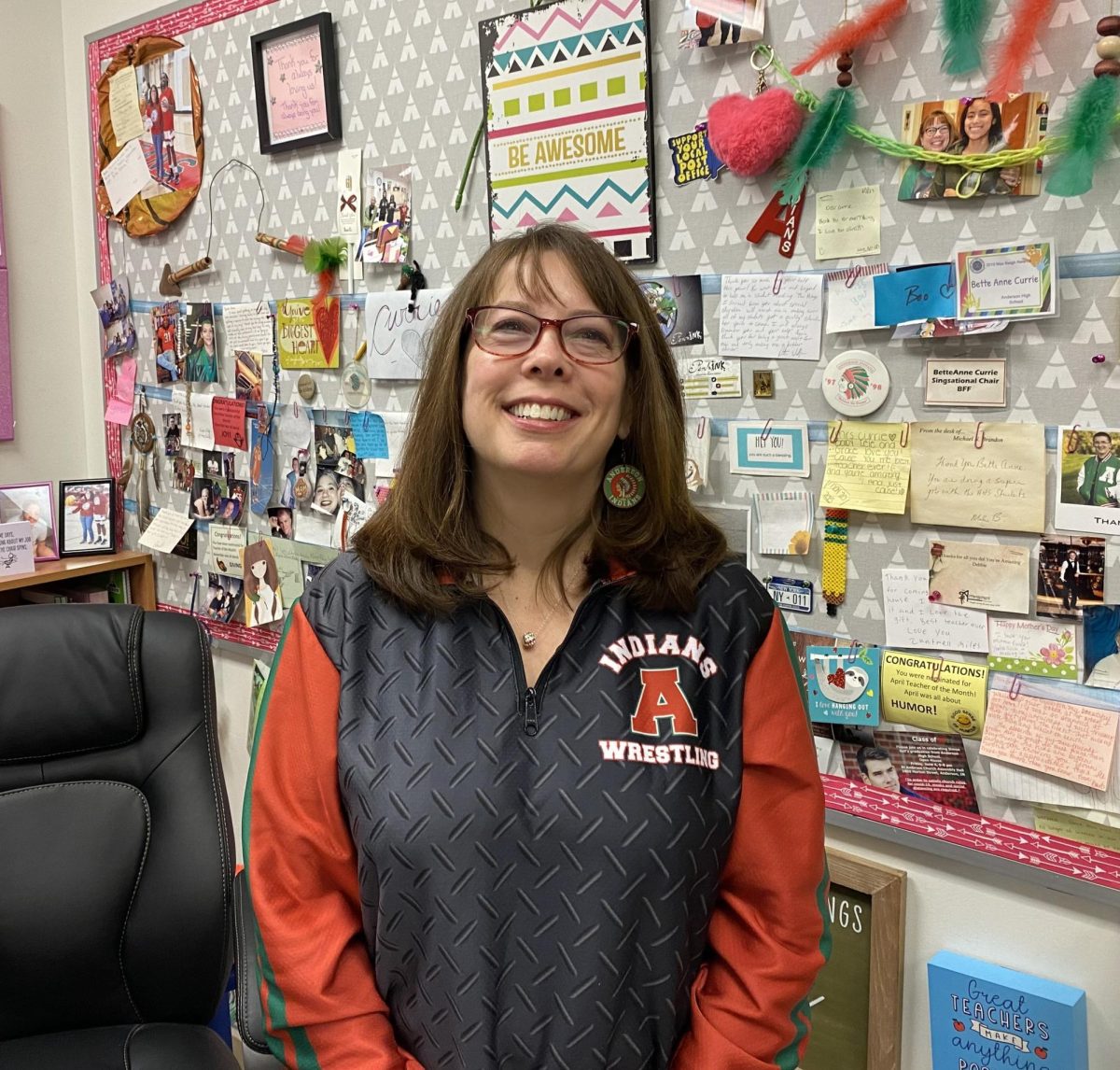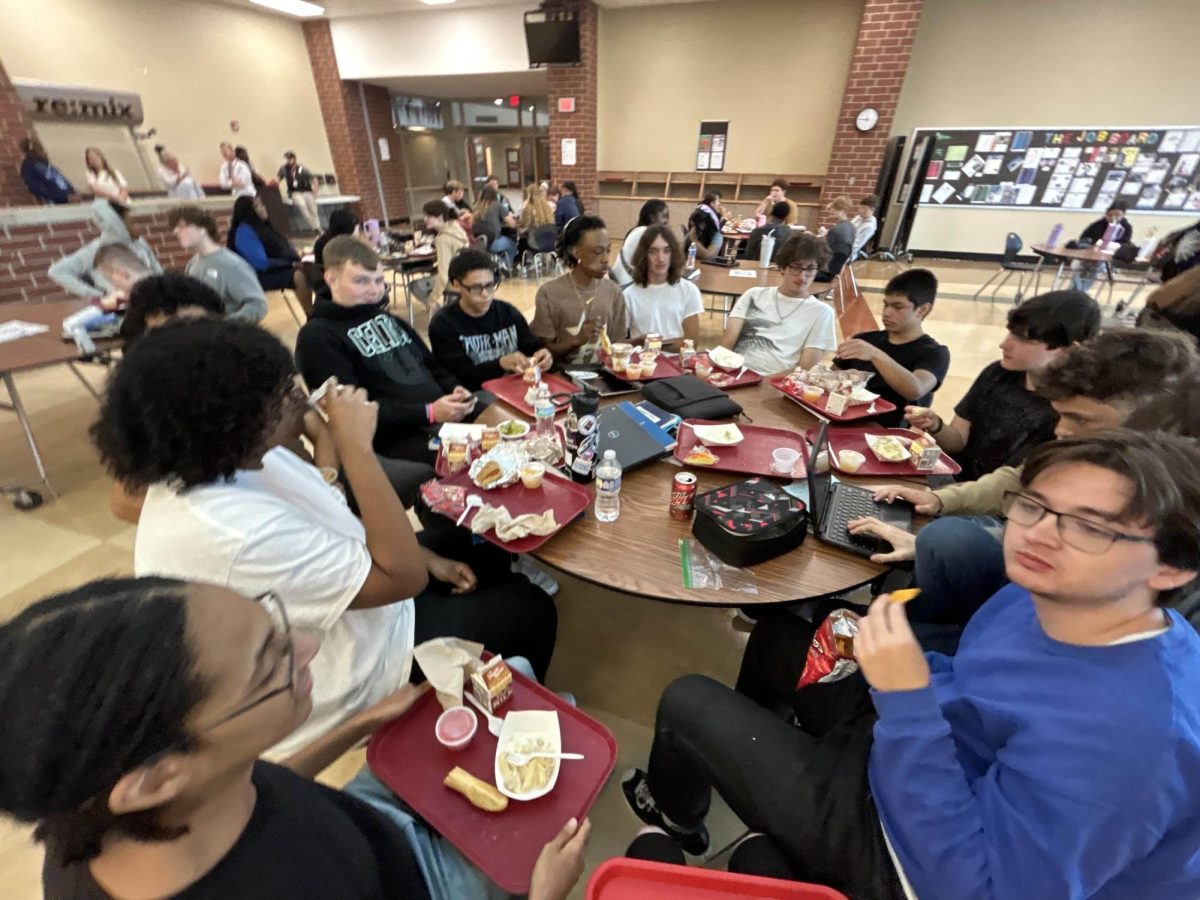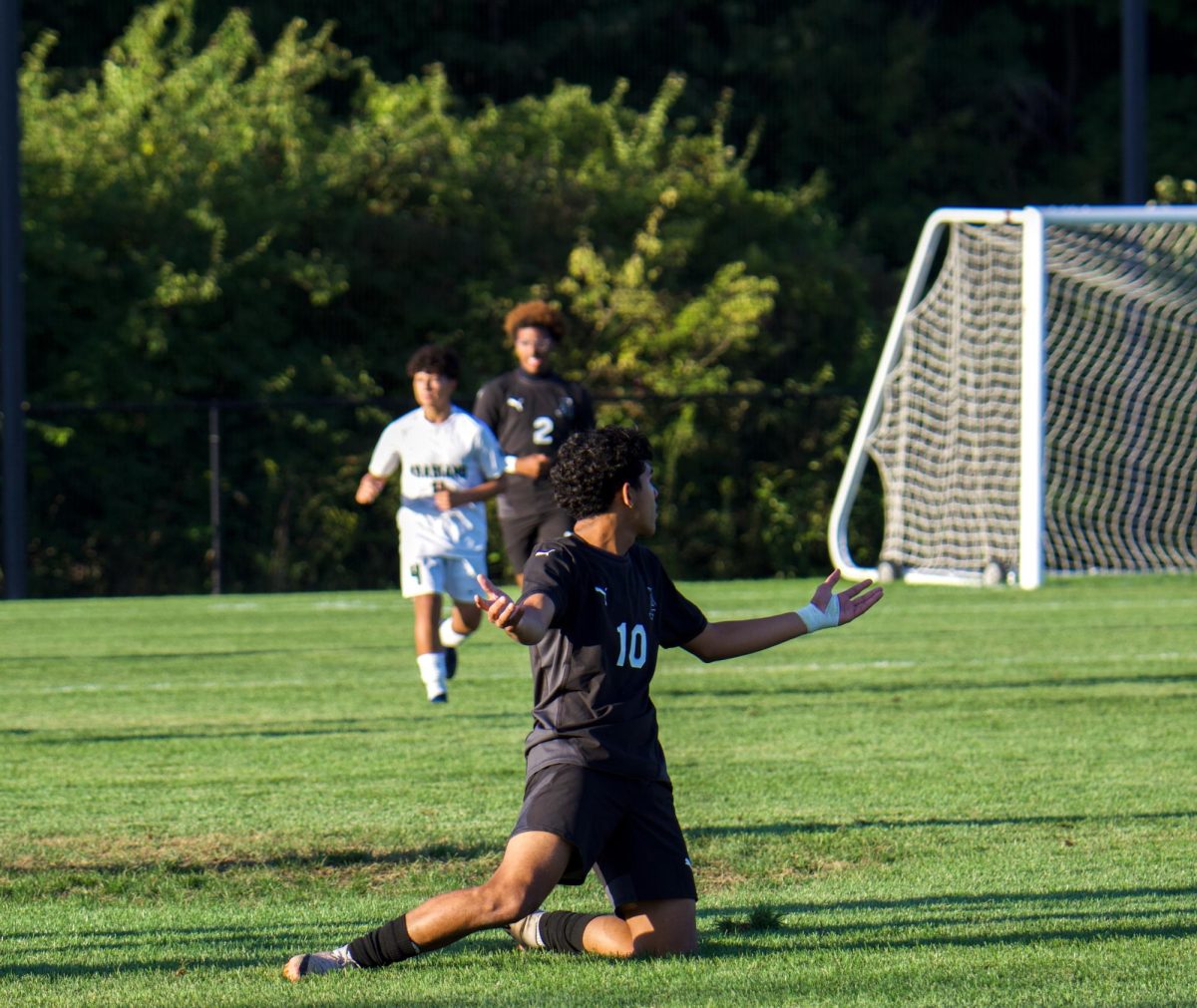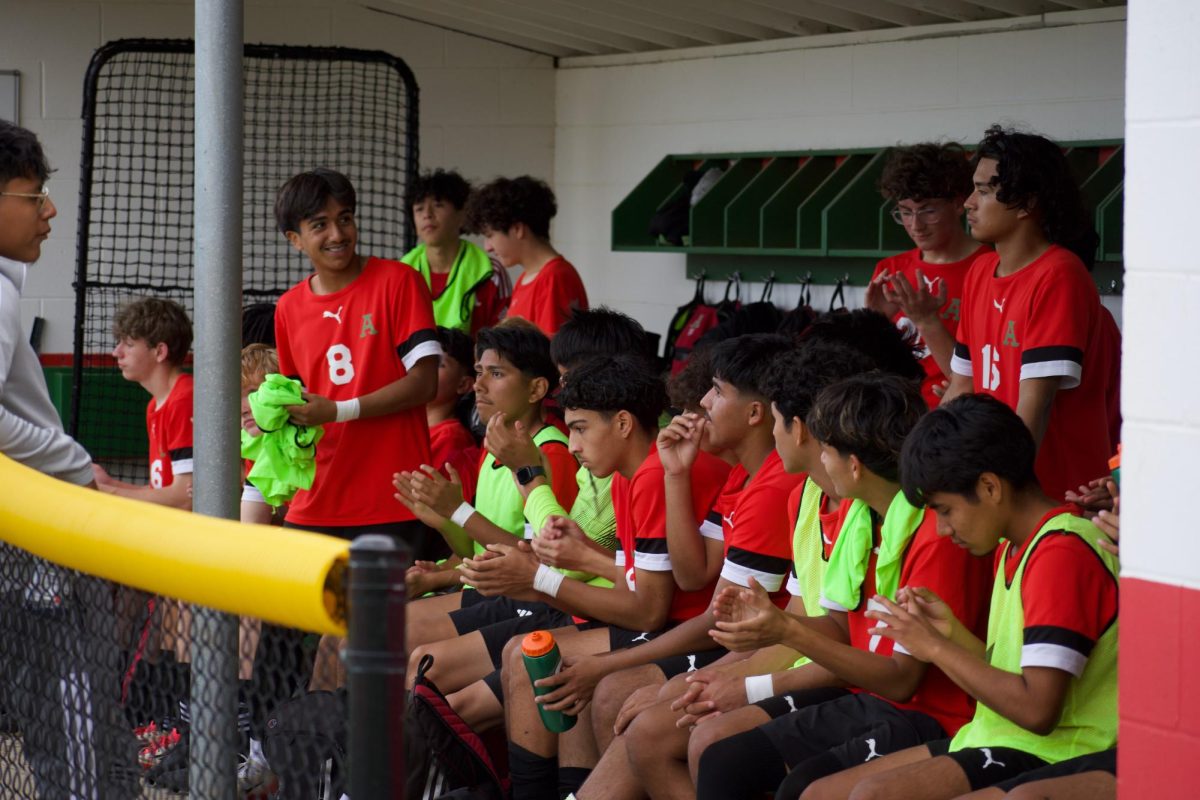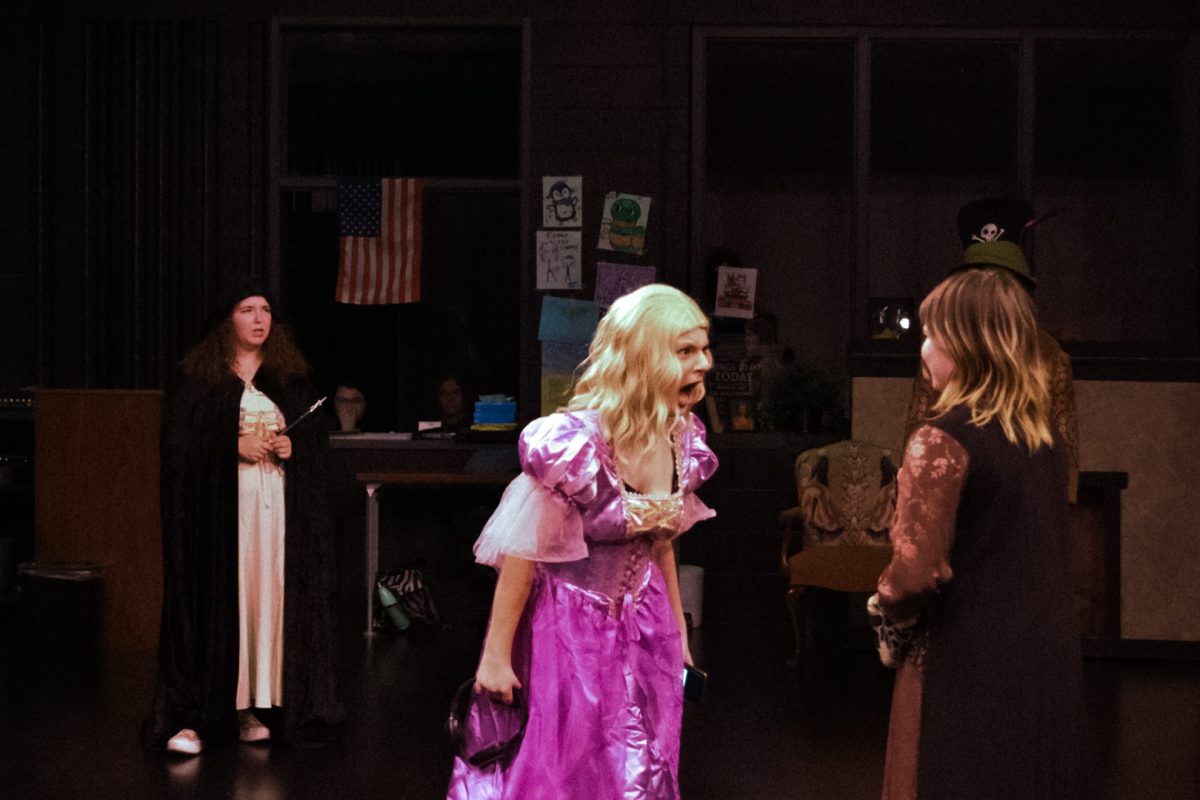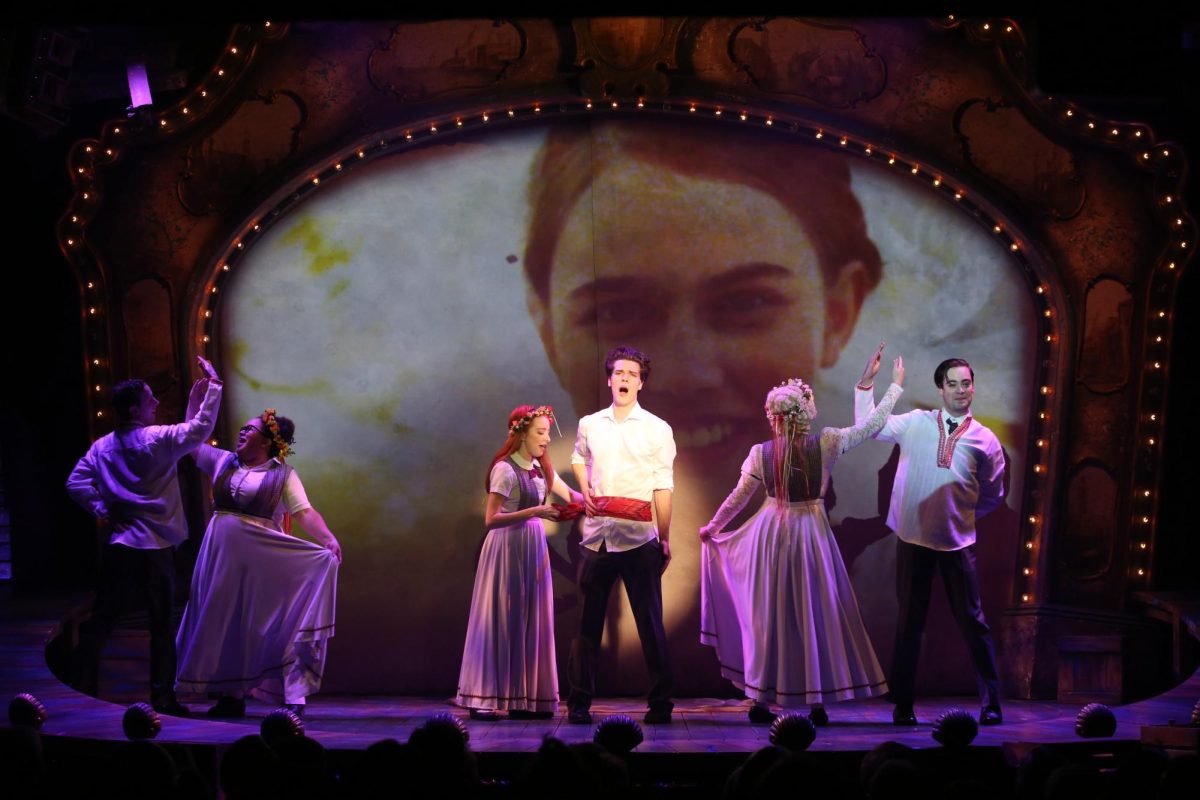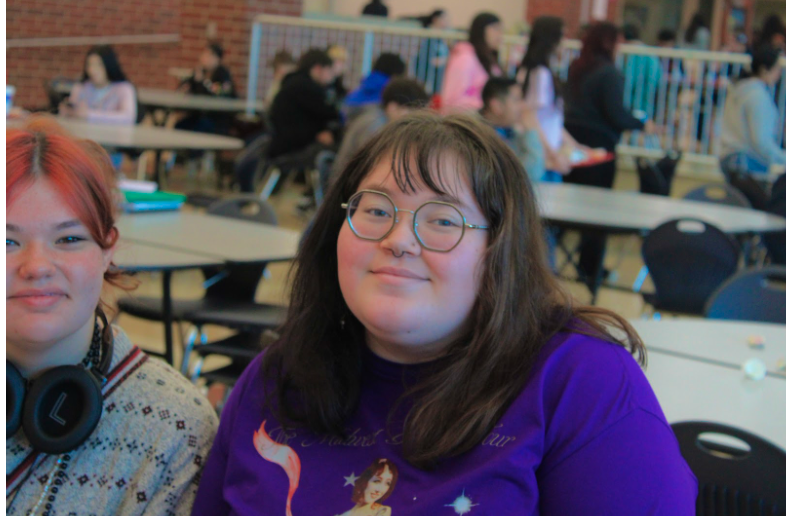In the age of social media, where every aspect of students’ lives seems to be laid bare for public intake, high school drama finds new avenues of expression. Among the many Instagram accounts dedicated to scenic sunsets, carefully crafted selfies, and IG models, a darker corner of the digital realm exists: hate pages.
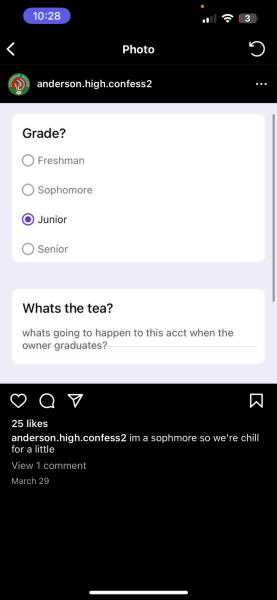 Students in Anderson High School grapple with a new type of hate page, AHS confessions pages. Instead of encouraging positive environments where users can connect and share their experiences, these accounts tend to thrive on negativity, pushing harmful stereotypes, and spreading misinformation.
Students in Anderson High School grapple with a new type of hate page, AHS confessions pages. Instead of encouraging positive environments where users can connect and share their experiences, these accounts tend to thrive on negativity, pushing harmful stereotypes, and spreading misinformation.
After two weeks, finally, contact was established with the elusive creators behind the curtain of anonymity. Yet, the conversation only served to deepen the mystery, casting doubt on the page’s authenticity.
The page, shrouded in anonymity, initially claimed to represent a collective voice of the student body. However, inconsistencies emerged, clouding the credibility of the content. In response to inquiries about the grade level of the administrators, the page declared, “I am a junior,” contradicting previous assertions and further muddying the waters.
What drives individuals to create and participate in such platforms? Is it a quest for attention, a desire for revenge, or simply a means of venting frustrations? The answers may lie buried beneath layers of anonymity and deception.

As the digital landscape continues to evolve, so too do the challenges faced by educators, parents, and students alike. The emergence of hate pages and confession forums underscores the need for digital literacy education and proactive measures to combat cyberbullying and misinformation.
Screenshots captured from the post and subsequent conversation shed light on the murky world of digital confession pages. Despite attempts to decipher the motives behind the page’s existence, the truth remains elusive.

Cameron Dawson is a senior at AHS and was recently targeted on the hate pages. Dawson is a athelete and well known student aoung the school. He says “people want someone to pick on,” in the interview below. He explains how he came to know what was posted and how it made him feel. He later added how his friends came to bat for him very quickly.
In the halls of Anderson High School, the battle against online negativity rages on. As students navigate the complexities of social media, they must remain vigilant against the allure of anonymity and the dangers it may conceal. Only by fostering a culture of empathy, respect, and critical thinking can we hope to navigate the digital landscape with integrity and authenticity.
It’s important to recognize that behind every screen name and profile picture is a real person, and people should be very aware of whether their digital footprint is “anonymous” or not.
Here’s a video intereview with Cameron Dawson a student targeted by the hate pages. He explains how it has affected his school and social life.
Students and staff at Anderson High School, AHS, have expressed their opinions on a specific AHS Confessions page.
We interviewed some more students around AHS, asking them how they feel about the page.
In the vast expanse of the digital world, where every click, tap, and scroll can lead us down different paths, a spectrum of voices exists. Among them, some resonate with caring and kind people weaving a tapestry of positivity and understanding, while others hurl arrows of toxicity and disdain, polluting the virtual atmosphere. By advocating for kindness and empathy online, we can combat the toxic culture perpetuated by these accounts and create a safer digital space for everyone.



